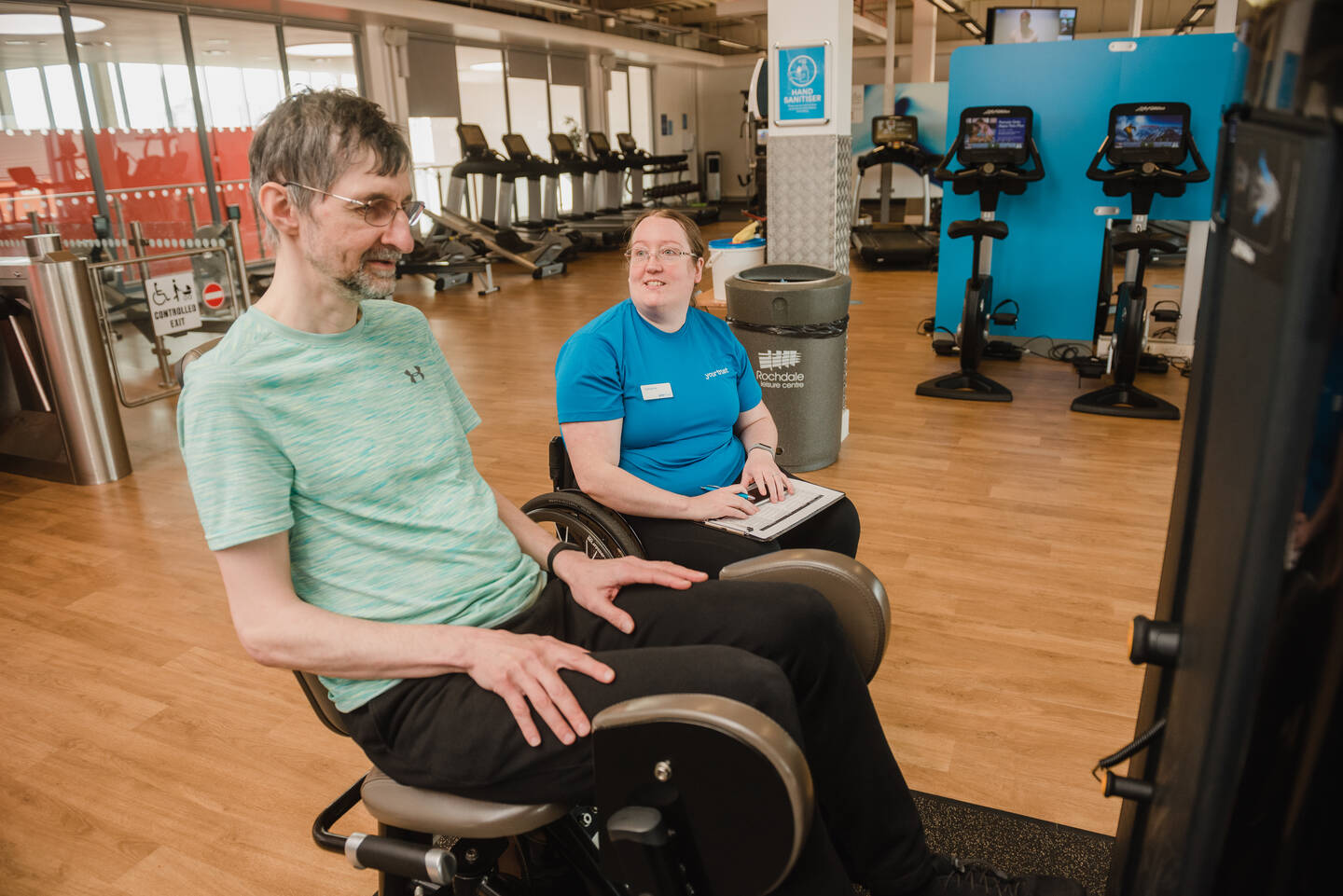EmployAbility Leisure group continues drive for accessible workplaces
Key strategic partners in the leisure sector have come together to champion greater workplace accessibility for disabled people.

The EmployAbility Leisure Strategic Partners Group, originally formed in 2022, remains committed to ensuring that disabled people have equal opportunities to pursue careers in the physical activity and leisure industry.
The group first came together to support InstructAbility, a Sport England funded project led by Aspire. The initiative aimed to increase the number of disabled people in the leisure workforce and resulted in the launch of three evidence-based EmployAbility Leisure guides.
These guides were created to support disabled people considering a career in the sector, training providers delivering more inclusive education, and employers looking to create accessible workplaces.
While the initial programme has ended, the Strategic Partners Group believes that the guides remain vital resources and is determined to build on this progress. The group now has a renewed focus on driving sustainable, sector-wide change.
The group brings together key organisations and individuals with expertise in sport, leisure, and disability inclusion. Members include Activity Alliance, ukactive, UK Coaching, Sport England, Community Leisure UK, CIMSPA, Exercise Music and Dance UK, and Instructability graduates, Michell Felix from the Michelle Felix Group and Sam James from InclusFit. Activity Alliance is currently acting as chair.
Despite notable progress, the sector still has work to do. An evaluation report by Dr. Juliette Stebbings (University of Portsmouth) and Professor Brett Smith (Durham University) highlighted that, while many organisations are committed to inclusion, efforts are often inconsistent. Too often, accessibility relies on the personal commitment of individual staff members rather than being embedded across policies and practices.
At the same time, the research found encouraging examples of good practice. Some training providers are already making their courses more inclusive and proactively attracting diverse learners. Many employers are improving recruitment processes, collecting demographic data, and engaging directly with disabled staff and customers to co-create more inclusive policies. The guides have played a key role in these positive shifts.
Together, partners are focused on three key priorities:
- Promoting careers in leisure as viable and attractive to disabled people.
- Building workforce confidence and knowledge around employing disabled people.
- Encouraging inclusive workplace cultures across employers, training providers, and awarding bodies.
Resources and Opportunities
Three free guides are available for anyone:
- Guide A – Training and working in the fitness and leisure sector: for disabled people exploring careers in the industry.
- Guide B – Training disabled learners in the fitness and leisure sector: for training providers and awarding bodies.
- Guide C – Employing disabled people in the fitness and leisure sector: for employers seeking to become disability confident.
Disabled people make up one in five of the UK’s working-age population, yet only 52% are employed compared with 81% of non-disabled people. Within leisure, the gap is believed to be even wider. By working together, the sector has the opportunity to challenge stereotypes, address inequalities, and create truly inclusive workplaces.
The EmployAbility Leisure guides are free to download at the Moving to Inclusion website All employers, training providers, and professionals are encouraged to use and share them, ensuring the leisure workforce reflects the diversity of the communities it serves.